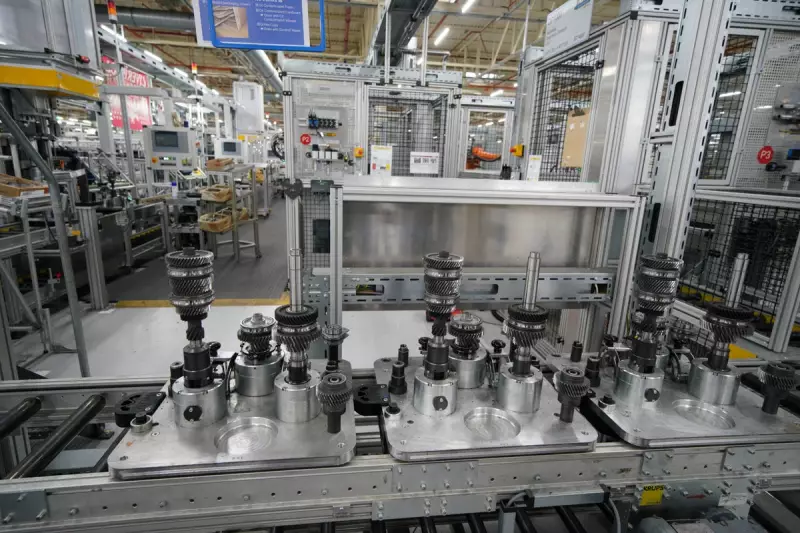
The UK's automotive sector is facing a major crisis as Jaguar Land Rover's flagship Solihull manufacturing plant confronts an imminent production shutdown due to critical parts shortages, prompting urgent calls for government intervention.
The Trade Unions Congress (TUC) has issued a stark warning to ministers, demanding immediate action to prevent the potential idling of one of Britain's most important manufacturing facilities. The situation threatens to disrupt production of some of JLR's most popular models, including the Range Rover, Range Rover Sport, and Land Rover Defender.
Supply Chain Breakdown
According to union officials, the crisis stems from a breakdown in the supply of essential components, with particular concerns about parts originating from external suppliers. The TUC's intervention highlights growing anxiety about the resilience of Britain's automotive supply chains in the post-Brexit landscape.
Alan Jones, the TUC's lead on automotive issues, emphasised the severity of the situation: "We're witnessing a perfect storm of supply chain disruption that could have devastating consequences for workers and the wider West Midlands economy."
Regional Economic Impact
The Solihull plant represents a cornerstone of the West Midlands' industrial landscape, supporting thousands of direct jobs and sustaining a extensive network of local suppliers and service providers. Any significant production halt would send shockwaves through the regional economy.
Industry analysts suggest the timing couldn't be worse, with the automotive sector already grappling with transitioning to electric vehicle production and recovering from pandemic-related disruptions.
Call for Government Action
The TUC is pressing the government to:
- Establish emergency support measures for affected suppliers
- Accelerate the development of domestic component manufacturing capacity
- Provide targeted assistance to safeguard skilled automotive jobs
- Review trade arrangements affecting automotive supply chains
This development comes amid broader concerns about the UK's manufacturing competitiveness and the future of its automotive industry, which has faced multiple challenges in recent years including semiconductor shortages and changing global trade dynamics.
The government has yet to issue a formal response to the TUC's demands, but pressure is mounting for a comprehensive strategy to protect this vital sector of British industry.





